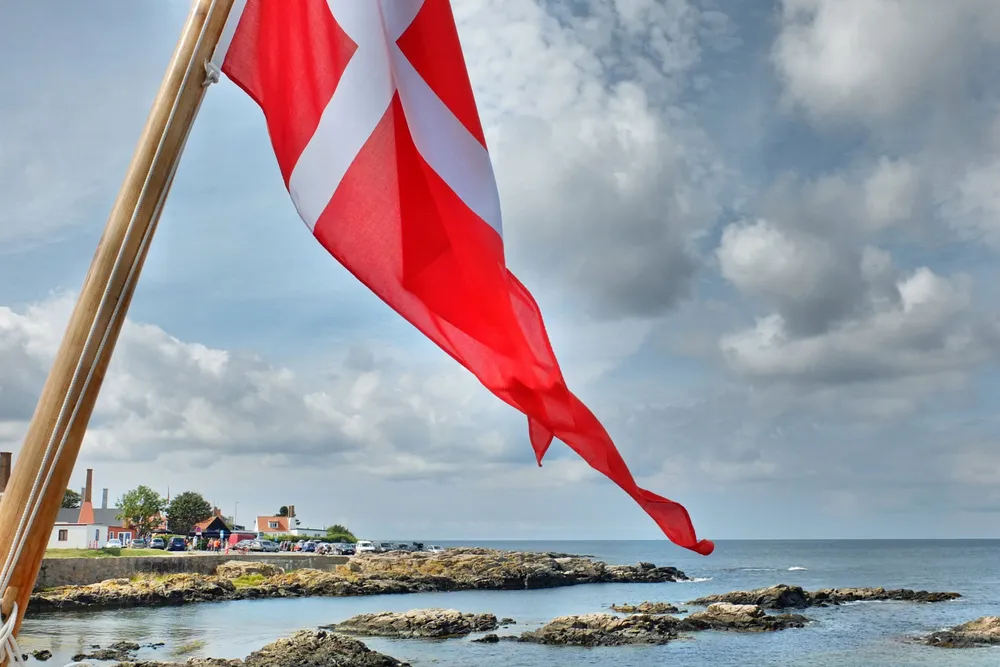Billion-dollar danger to energy island dream after Danish wind tender flop
Concession payments from offshore wind tenders were supposed to part-finance transmission link from planned Bornholm energy island to Denmark's main power grid

The energy island is also supposed to host innovative energy storage and power-to-x facilities, as well as act as a hub for green fuels in the Baltic Sea.
The sum of DKr17.6bn ($2.48bn) would need to be set aside for the transmission link of Bornholm to Zealand, it was said at the time (Germany will have to pay for its own power link to the German mainland).
Out of the total support budget DKr8.7bn, or roughly half, was supposed to be financed through the expected concession payments from the six offshore wind sites auctioned in 2024 and 2025.
Denmark has already started the auction for 2.8GW of Kattegat Strait and Baltic Sea offshore wind sites which will close on April 1, 2025. The three sites on offer are seen as less attractive than the flopped North Sea sites, while tendering conditions that have been deemed unattractive by the sector, remain the same. Even if there will be bids in the currently ongoing auction, getting €1.2bn in concessions seems very high, experts have said.
The 2023 political agreement also states that in case of a financing gap, alternative financing needs to be found. But it is unclear at this point what that may look like, and it would likely once more involve a lengthy political process of negotiation between the government and the opposition.
“However, as a consequence of the result of the tender, this will not be the case,” the official said.
“The way forward, including the question of financing, will be a part of the process to come with the political parties behind the political agreement."
The financing is likely complicated further by the fact that support estimates have gone up as a revised profitability assessment performed by the Danish Energy Agency recently showed a need DKr31.5bn in support as part of a central scenario – almost double the sum that was still expected in 2023.